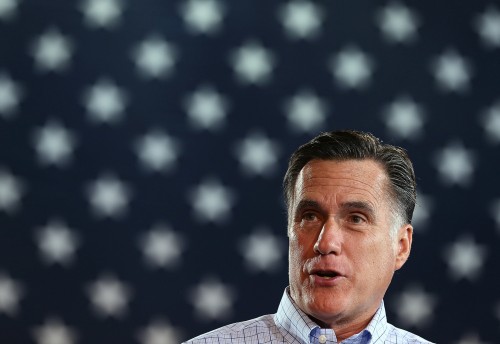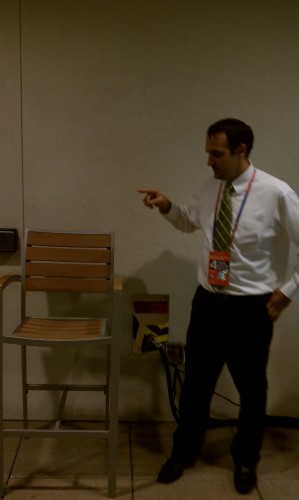
“There is no such thing as ‘getting it right,’ only ‘getting it’ differently contoured and nuanced. When experimenting with form, ethnographers learn about the topic and about themselves what is unknowable, unimaginable, using prescribed writing formats.” –Laura Richardson “A Method of Inquiry” In The Handbook of Qualitative Research (1991, p. 521)
“The major issue is how to use the variety of available textual formats and devices to reconstruct social worlds and to explore how those texts are then received by both the cultural disciplines and the social worlds we seek to capture.” Paul Atkinson and Amanda Coffey in Theorizing Culture: An Interdisciplinary Critique After Postmodernism (1995, p. 49)
“You’re not the boss of me!”
“It’s a good thing you’re a volunteer then, since you’d make an awful employee.”
“To hell with you!” They both glowered at each other like a pair of hungry house cats eyeing the same can of tuna. It was 10:34PM, the printer was out of toner, and this meeting was going nowhere. In the next room someone was watching a youtube video with lots cussing and something that sounded like a revving truck engine. The florescent lighting made everyone look sallow and empty.
“I’m not saying you’re wrong, I’m just saying the numbers worry me. There’s nothing in here that’ll guarantee a win in Cuyahoga or Franklin county.” Jeffrey motioned with an open hand to a printed excel spreadsheet on the table, the tips of his fingers briefly jabbing the top page before going back to their default position as support beams for his head. Jeffrey always held his head in his right hand when he was feeling attacked. He thought it made him look unaffected. more...






 As the 2012 presidential race ever so slowly gains momentum it remains clear that social media will be influencing elections for a long time to come. In the long run, does the shift towards social media campaigning change who is perceived to be a legitimate candidate? If so, social media might change who wins elections and therefore changes how we are governed. Avoiding [for now] the issue of whether social media has inherent tendencies towards the left or right, what I want to ask is: opposed to old media, does new media benefit political underdogs and outsiders?
As the 2012 presidential race ever so slowly gains momentum it remains clear that social media will be influencing elections for a long time to come. In the long run, does the shift towards social media campaigning change who is perceived to be a legitimate candidate? If so, social media might change who wins elections and therefore changes how we are governed. Avoiding [for now] the issue of whether social media has inherent tendencies towards the left or right, what I want to ask is: opposed to old media, does new media benefit political underdogs and outsiders?